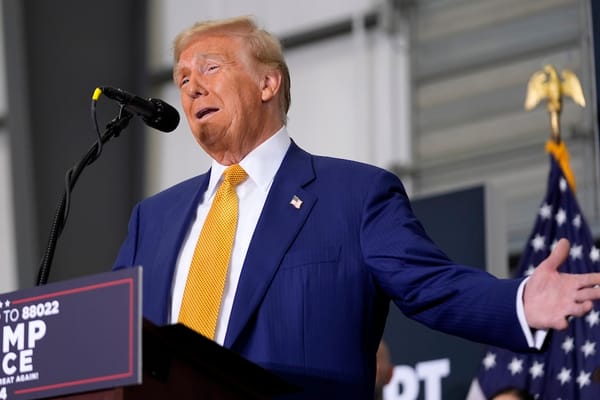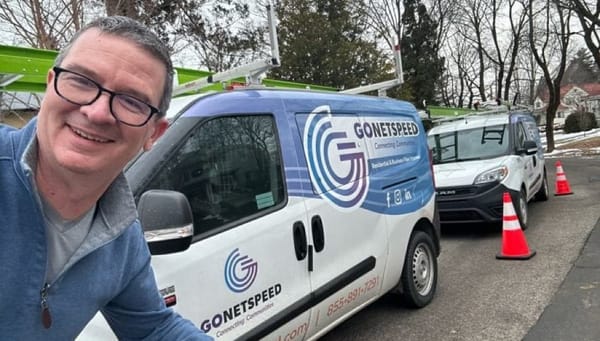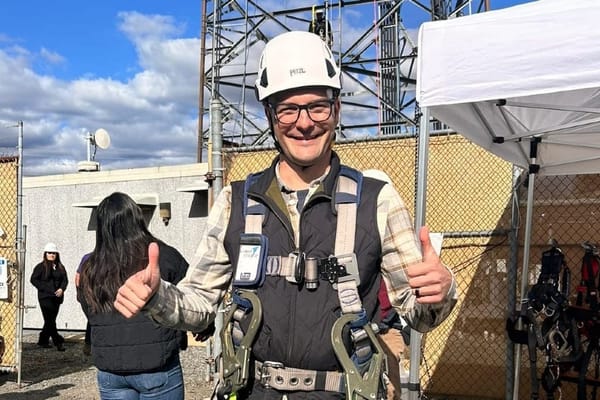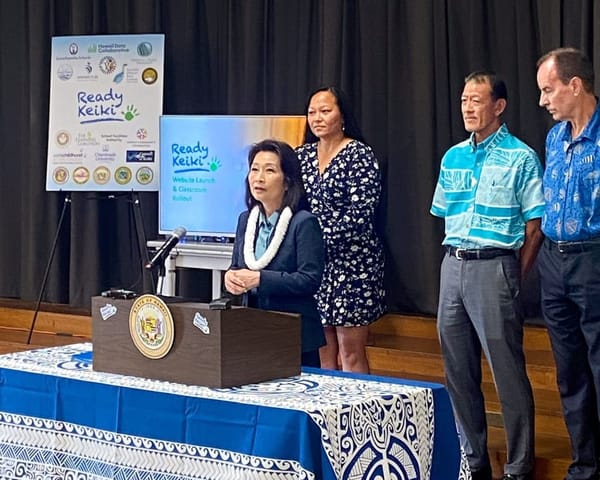FCC Proposes ‘Record-Breaking’ Fine on Robocall Scammer
The FCC alleges that the Cox/Jones Enterprise conduct violated the Telephone Consumer Protection Act.
David B. McGarry
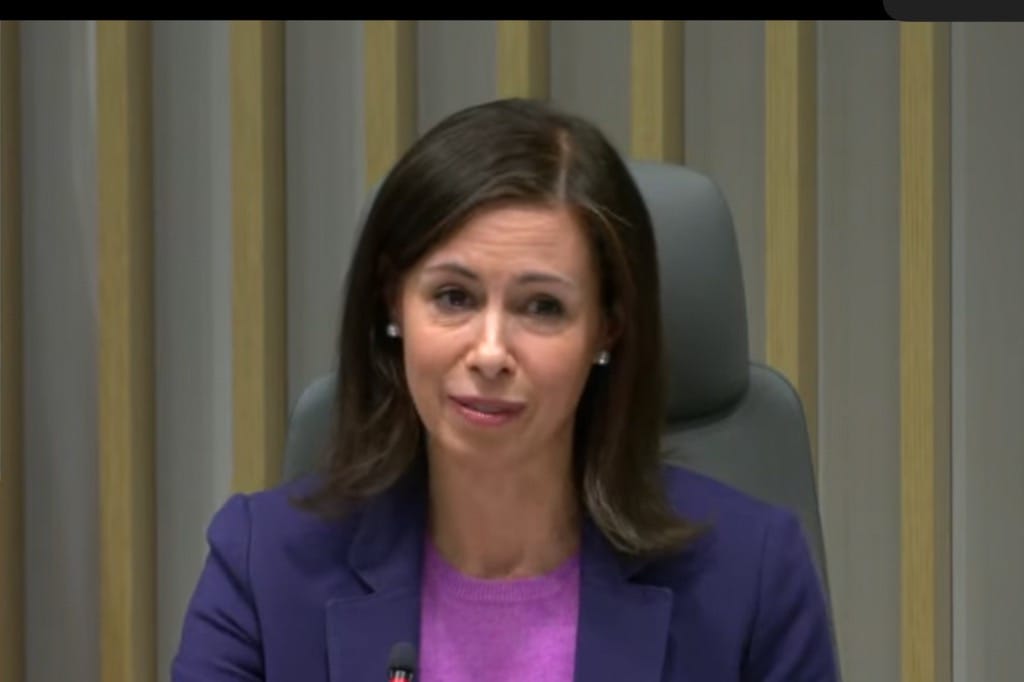
WASHINGTON, December 21, 2022 – The Federal Communications Commission on Wednesday proposed a near $300 million fine on an apparently fraudulent robocall and spoofing operation, the largest fine of its type to date, according to the agency.
Claiming to have information about recipients’ auto warranties, the so-called “Cox/Jones Enterprise” placed more than five billion scam robocalls in early 2021, the FCC alleges. The agency says these calls were made to more than a half a million phones and used over a million unique caller ID numbers. The operation made these calls from various American and foreign entities, including entities located in Panama and Hungary, the commission says.
The FCC alleges that the Cox/Jones Enterprise conduct violated the Telephone Consumer Protection Act’s provisions that robocallers must obtain express consent from the recipient before calling a mobile phone and that they must identify themselves at the beginning of the call. The enterprise is also illegally used phony caller IDs to appear near to call recipients, the agency says.
The fine was unanimously proposed at the commission’s December open meeting, at which Chairwoman Jessica Rosenworcel committed to continued action against phone scammers.
“Earlier this month, we ordered phone companies to block the company responsible for up to 40 percent of scam calls involving student loans. Plus, we now have agreements with 43 State Attorney Generals (sic), the District of Columbia, and Guam to go after illegal robocalls – just like we did here with the Ohio Attorney General,” Rosenworcel said in a prepared statement. “So our message is clear to those who would follow in the footsteps of the auto warranty scammers – we are watching, we are working with our state counterparts, and we will find you, block you, and hold you accountable.”
On Tuesday, the FCC announced a new online portal for entities to report robocall and spoofing violations. The agency in November took action to crack down on straight-to-voicemail robocalls and in October launched an inquiry into combatting calls on non-internet-protocol networks.
The FCC moves to streamline space authorizations
At Wednesday’s meeting, the FCC unanimously approved a notice of proposed rulemaking that would expedite satellite and earth station applications, following Rosenworcel’s November announcement of a new space bureau. Commissioners touted the American space industry’s accelerating rate of satellite deployments and called for updated regulation to facilitate the sector’s further growth.
In their comments, Rosenworcel and Commissioner Brendan Carr praised the Satellite and Telecommunications Streamlining Act, a recently introduced bipartisan bill from Reps. Frank Pallone, Jr., D-N.J., and Ranking Member Cathy McMorris Rodgers, R-Wash., that would facilitate satellite permitting. Commissioner Nathan Simington endorsed the bill earlier this month.
The FCC sought comment on measures to combat digital discrimination, including via proposals to define the term, update the agency’s consumer complaint mechanism, and provide “model policies” and “best practices” to states and localities. The agency also proposed rules to improve emergency responses by requiring wireless and some text providers to facilitate location-based routing on their internet protocol-based networks. Lastly, the FCC proposed a new compensation structure for certain providers to improve captioned phone calls for the deaf and hard of hearing.


